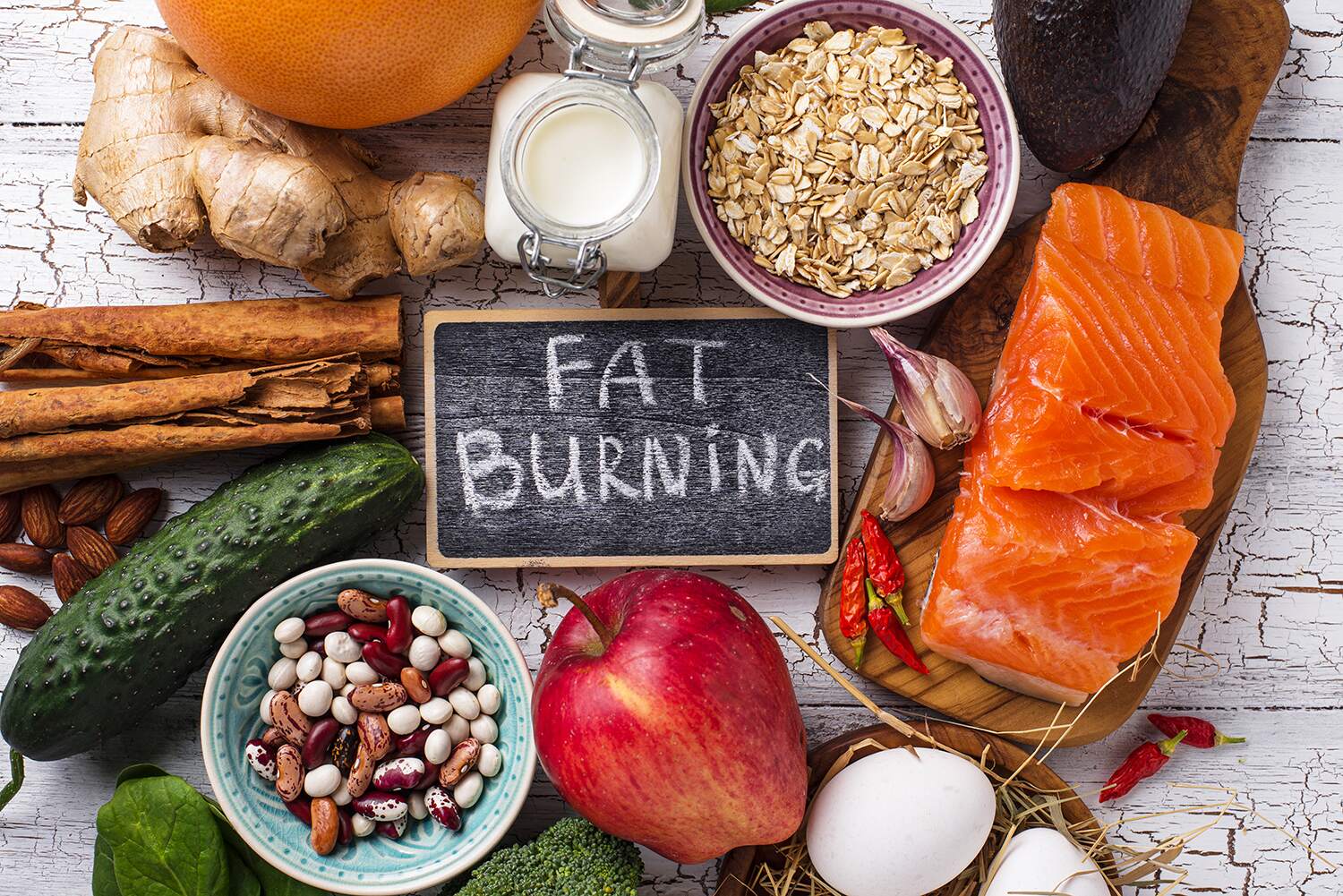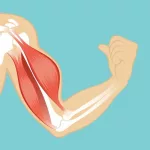Caffeine, green tea extract, and protein supplements can aid fat loss, especially when paired with consistent exercise and a nutrient-dense diet.
Fat burners are dietary products designed to elevate metabolism, lower fat absorption, or encourage the body to use stored fat as energy.
Manufacturers frequently market them as quick fixes for weight loss. Still, a 2011 study indicates that many fat-burning products are ineffective and might even pose risks.
There isn’t a miracle pill for losing weight, and even so-called “natural supplements” cannot promise guaranteed fat reduction. Individual metabolic differences matter.
The most reliable approach to weight loss includes adequate sleep, lower stress, regular physical activity, and a balanced, nutrient-rich diet.
That said, several natural supplements have evidence supporting their potential to assist fat burning. This article examines those supplements and explains how they might enhance metabolism.
»MORE:Learn how to lose weight fast, sustainably, and safely
1. Caffeine
Caffeine is a compound present in coffee, green tea, and cacao. It’s also a common component in commercial fat-loss supplements — with reason.
A 2021 review suggests that coffee’s caffeine may help prevent and reduce body fat stores and assist the body in burning additional fat.
A 2024 study reported that caffeine can raise basal metabolic rate by elevating systemic catecholamine levels. Catecholamines — such as dopamine, norepinephrine (noradrenaline), and epinephrine (adrenaline) — act as neurotransmitters and hormones.
You don’t need a supplement to benefit from caffeine; drinking strong coffee is a straightforward source with several potential health perks.
However, these benefits tend to be short-lived. Also, caffeine can impair sleep quality, which negatively affects weight control.
Additionally, frequent caffeine intake can lead to tolerance, reducing its effects over time.
2. Green tea extract
Green tea extract is a concentrated form of green tea available in powders or capsules, delivering the benefits of green tea in a compact format.
It contains both caffeine and the polyphenol epigallocatechin gallate (EGCG), compounds that may support fat burning.
These components may work together to promote fat loss through a process called thermogenesis, where the body burns calories to produce heat.
For example, some analyses found that combining green tea extract with caffeine led to about 16% more fat burned versus a placebo.
In a trial comparing placebo, caffeine, and a green tea extract-plus-caffeine group, the combination burned roughly 65 extra calories per day compared with caffeine alone and about 80 more than the placebo.
Note that participants in those studies consumed green tea extract together with additional caffeine, so the results do not prove that green tea extract alone would produce the same effects.
While green tea itself has not been widely reported to cause harm, excessive intake — especially on an empty stomach — may have adverse effects on the liver. Do not exceed recommended doses.
3. Protein powder
Protein plays a crucial role in promoting fat loss.
An increased protein intake can boost metabolism and reduce appetite. It also helps preserve lean muscle mass.
Research indicates that high-protein diets can produce greater weight loss and improvements in metabolic markers.
Protein also suppresses appetite by raising levels of satiety hormones like GLP-1, CCK, and PYY while lowering ghrelin, the hunger hormone.
Although protein-rich foods can meet your needs, many people struggle to consume sufficient protein daily.
Protein powders are a convenient option to help increase protein intake.
Choices include whey, casein, soy, egg, and hemp proteins. It’s important to pick a protein supplement low in added sugars and unnecessary additives, particularly when aiming for weight loss.
Remember that calories still matter. Protein supplements should replace snacks or be part of meals rather than simply added on top of your usual intake, especially if you’re trying to maintain a calorie deficit.
If you’re not getting enough protein, consider taking 1–2 scoops (about 25–50 grams) of protein powder per day.
Recommended protein needs vary by activity level, age, sex, weight, and height. The Recommended Dietary Allowance (RDA) is 0.8 grams of protein per kilogram of body weight.
4. Soluble fiber
Fiber comes in two main types: soluble and insoluble.
Soluble fiber absorbs water in the digestive tract and forms a gel-like substance.
Research shows that soluble fiber can support fat loss by reducing appetite.
That’s because soluble fiber can increase satiety hormones such as PYY and GLP-1 and lower levels of ghrelin.
Soluble fiber also slows the rate at which nutrients reach the gut, extending digestion and absorption and keeping you feeling full longer.
Additionally, soluble fiber may reduce the number of calories your body absorbs from food.
While dietary sources can provide enough soluble fiber, many people find this difficult. If so, consider supplements like glucomannan or psyllium husk.
5. Yohimbine
Yohimbine is a compound derived from the bark of Pausinystalia yohimbe, a tree native to Central and Western Africa.
Often used as an aphrodisiac, yohimbine also has properties that could promote fat burning.
It works by blocking alpha-2 adrenergic receptors.
These receptors normally bind adrenaline and limit some of its effects, including the stimulation of fat breakdown. By blocking them, yohimbine can extend adrenaline’s action and encourage fat mobilization.
A study involving 20 elite soccer players reported that taking 10 mg of yohimbine twice daily resulted in an average body fat reduction of 2.2% over three weeks — notable given the participants were already lean.
A more recent 2024 study also highlighted yohimbe’s potential for weight loss but warned about possible toxic effects, especially at higher doses.
Because yohimbine raises adrenaline activity, it can cause side effects such as:
- nausea
- anxiety
- panic attacks
- high blood pressure
Yohimbe may also interact with common blood pressure and antidepressant medications. If you take such drugs or have anxiety, yohimbine might not be appropriate.
More clinical trials are needed to establish yohimbine’s safety and effectiveness before it can be widely recommended as a fat-loss aid.
Dangers and limitations of fat-burning supplements
Commercial fat-burning products are widely accessible, but they frequently overpromise and can endanger health.
Dietary supplements do not require prior approval from the Food and Drug Administration before being sold.
It is the manufacturer’s responsibility to ensure their products are safe and effective. Many supplements have been recalled after being found contaminated with hazardous ingredients.
There have been cases where adulterated supplements caused severe adverse events, including high blood pressure, strokes, seizures, and even fatalities.
Remember that supplements cannot replace fundamental health practices like regular exercise and a balanced, nutrient-rich diet.
Consult a physician if you want to create a safe, effective weight-management plan.
The takeaway
No single “magic pill” will melt away fat.
Nevertheless, several natural options can assist fat burning when combined with a healthy lifestyle that includes nutritious eating and regular exercise.
These options include caffeine, green tea extract, protein supplements, soluble fiber supplements, and yohimbine.
Caffeine, green tea extract, and protein supplements are likely the most effective aids for promoting fat loss.
Talk to a healthcare professional before starting any new supplement to understand the benefits, risks, and possible interactions.


















Leave a Reply
You must be logged in to post a comment.